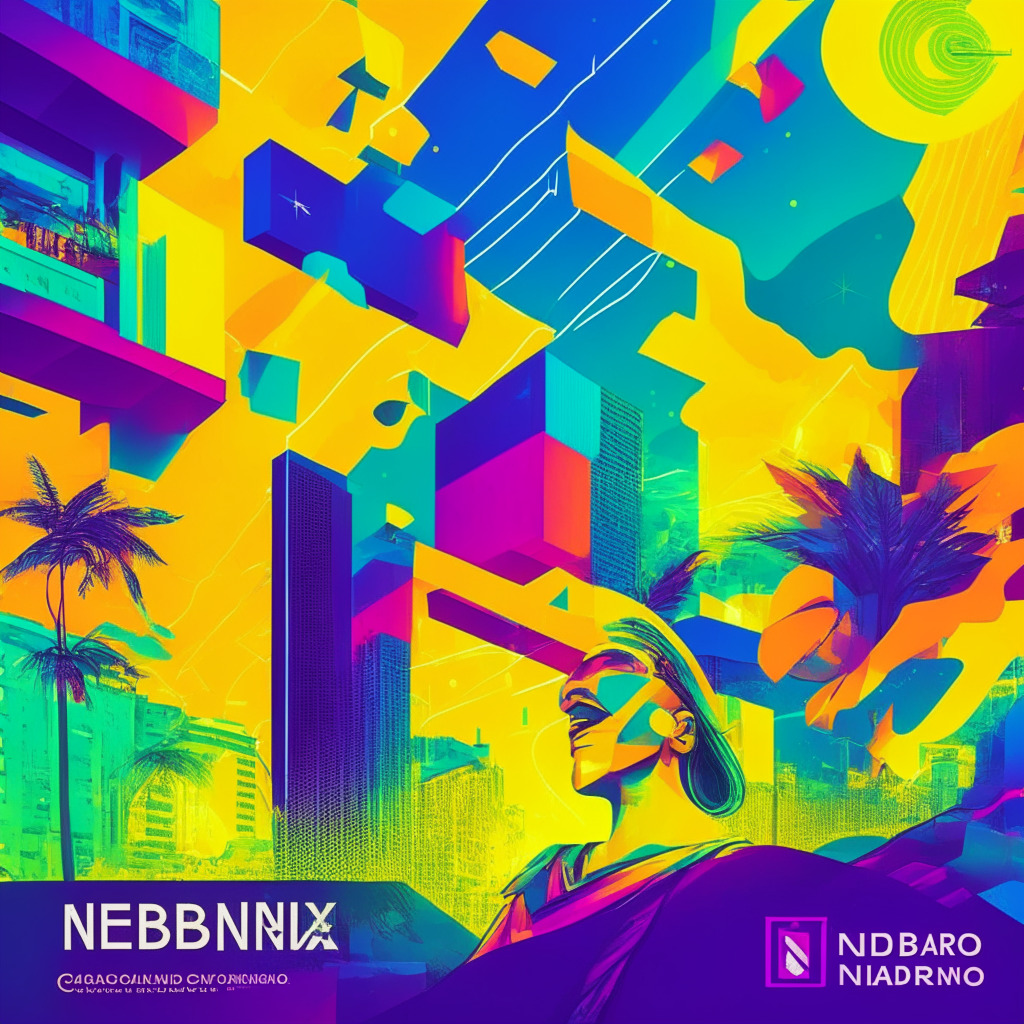In a pioneering move seeping with potential ramifications, Meta, formerly known as Facebook, has recently announced its plan on building a cutting-edge artificial intelligence (AI) model, one that aims to rival the advanced systems of OpenAI.
Meta’s ambitious expectation is that the new model will be several times more powerful than its prior model, Llama 2. There’s a hint of excitement as expectations soar that other companies could also leverage this open-source system to build AI tools. The output? High-level text, in-depth analysis, and other forms of outputs. Quite the game-changer!
However, amassing a forest of green without acknowledging the red would be naive. This monumental task not only requires building an AI of unprecedented power but also necessitates the construction of the data centers capable of housing it. While acquiring more of Nvidia’s H100 semiconductor chips – the most powerful in the market – sound promising from one side of the coin, there’s an uneasiness that stems from this exclusivity. Will Meta face a supply shortage? Only time will tell.
The race to create, deploy and control high-level AI systems isn’t just a corporate brawl; it spills over to governmental domains as well. The UK government’s enthusiastic $130 million investment in high-powered chips to create AI systems and China’s new AI legislation reflect the worldwide scramble to dominate AI technology.
Meanwhile, the G20 nations are strategizing on the responsible use and development of AI technology. It’s true that technology’s role in bridging digital divides is indispensable and with AI as a tool to enhance global digital economy, everyone’s got their eyes on the prize. However, it’s essential to recognize the gray areas concerning data protection, biases, human oversight, and ethics. After all, power without responsibility can be disastrous.
As steps are taken to unlock the full potential of AI and to mitigate risks, it unfolds into a playfield where not only tech companies and governments are the players, but also the people whose lives are revolutionized by these advancements.
Interestingly, the world of AI intersects with crypto. The G20’s interest in curating policies and regulations for cryptocurrencies is an example of how AI and crypto could pave the path to a technologically advanced future. It’s a fascinating confluence where boundaries are blurring, and a brave new world is unfolding.
As the curtain rises on this thrilling spectacle, the intrigue intensifies. Will Meta’s quest to build a dominant AI model be a groundbreaking success or an overambitious dream? Whatever may hold true, this chapter is a turning point in our technological narrative.
Source: Cointelegraph




